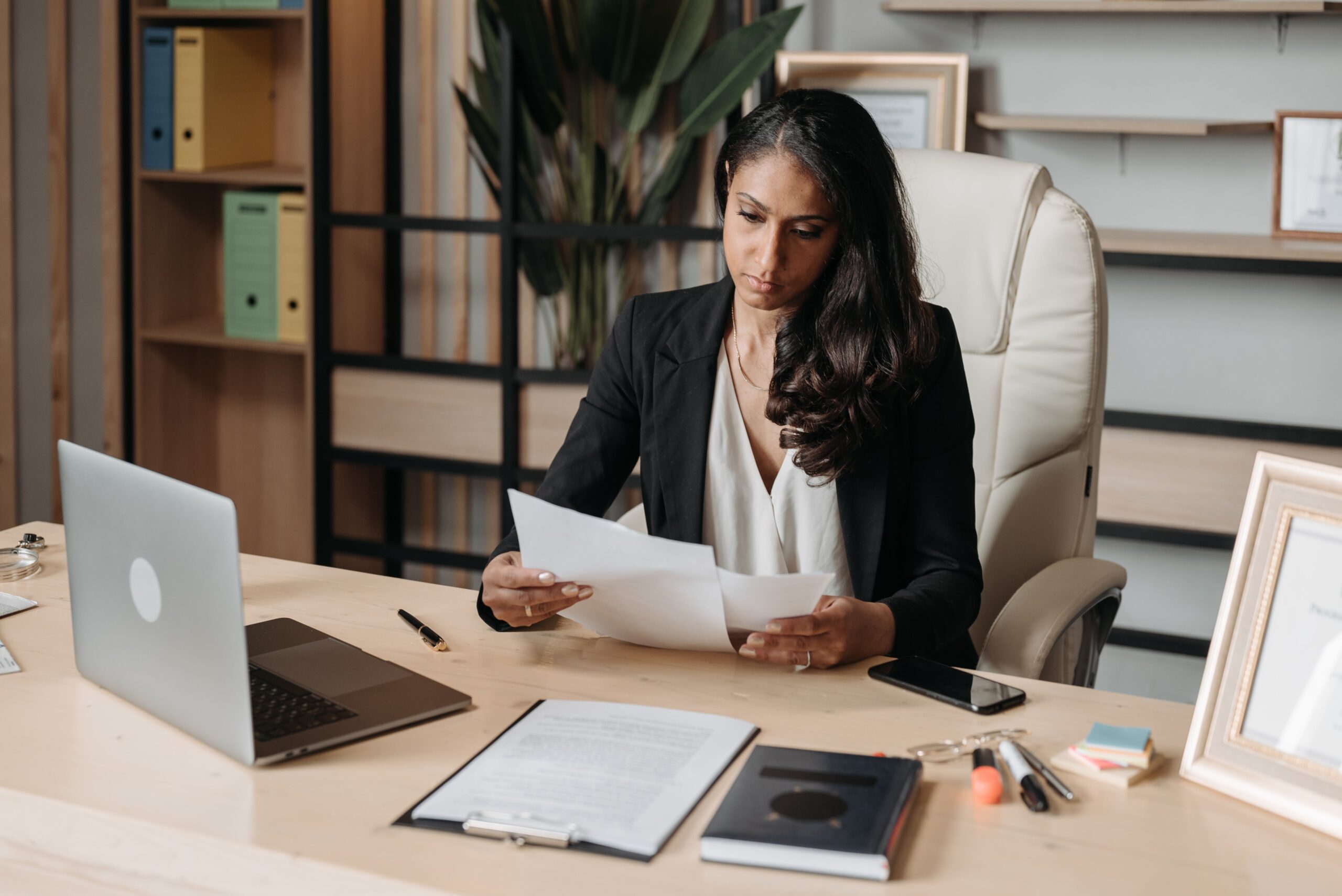How you can dance together at your daughter’s wedding after a divorce
For over 100,000 couples every year, divorce is a reality they have to get used to and most will end up doing battle in Court. It is said that bad divorces never end and often the conflict can go on and sometimes the whole family is poisoned by it.
For most, in addition to the distress of realising that a marriage has come to an end, there is a dread that the mere word ‘divorce’ will signal the start of a personal war and two people, who once worked together as a team, become adversaries.
Inevitably, advice will start to pour in from well meaning friends and family. “Get yourself a good lawyer and get as much as you can” is often the general gist of such advice. In reality this is often the worst advice you could receive if you are hoping to avoid all-out conflict.
In our ‘normal’ adversarial system the husband and wife will instruct separate lawyers, divorce papers will be issued and either letters sent or Court dates set to hammer out matters such as finance and arrangements for children. Not a route likely to lead to a harmonious future.
However, you can you get a divorce and still be friends.
That is where collaborative family law comes in. With collaborative law, a system founded in the United States in the early 1990’s, each person still has their own lawyer, but instead of negotiations being conducted by letter or phone (and ultimately in Court) you meet together with your lawyers and work out arrangements face to face.
You still have the benefit of legal advice throughout the process, but the aim is to agree and resolve disputes without them needing to go to Court. In fact, you sign an agreement which states that you will not go to Court and if you do you have to get new lawyers to start the divorce process from scratch.
This really does have the affect of concentrating minds on the issues that really matter.
Collaborative Law is not an easy route to take. However, it would appear from the evidence that it often leads to better relationships between ex-spouses, is better for children and is known for prompt resolution.
Collaborative Law requires commitment and an acceptance that the process can, at times, be difficult – often requiring the parties to deal with and face emotional issues that are raw and hurtful. However, the long term rewards for the family unit are that a balance in the relationship can be maintained – something which would not have been true if matters were fought over in the Courts – and each party is allowed to come to terms with everything in their own time, through controlled steps set by the lawyers.
Most importantly it creates an open dialogue working through every aspect of a split – from practical to emotional – and can help both parties to feel positive about their future relationship, being happily unmarried forever.
Contact Us
If you require more information about the services we can provide or would simply like to discuss an issue with one of our solicitors then please:
- request a free call-back using the call-back form on the home page,
- phone us during office hours on 0115 986 3636,
- email us at help@richardnelsonllp.co.uk.


